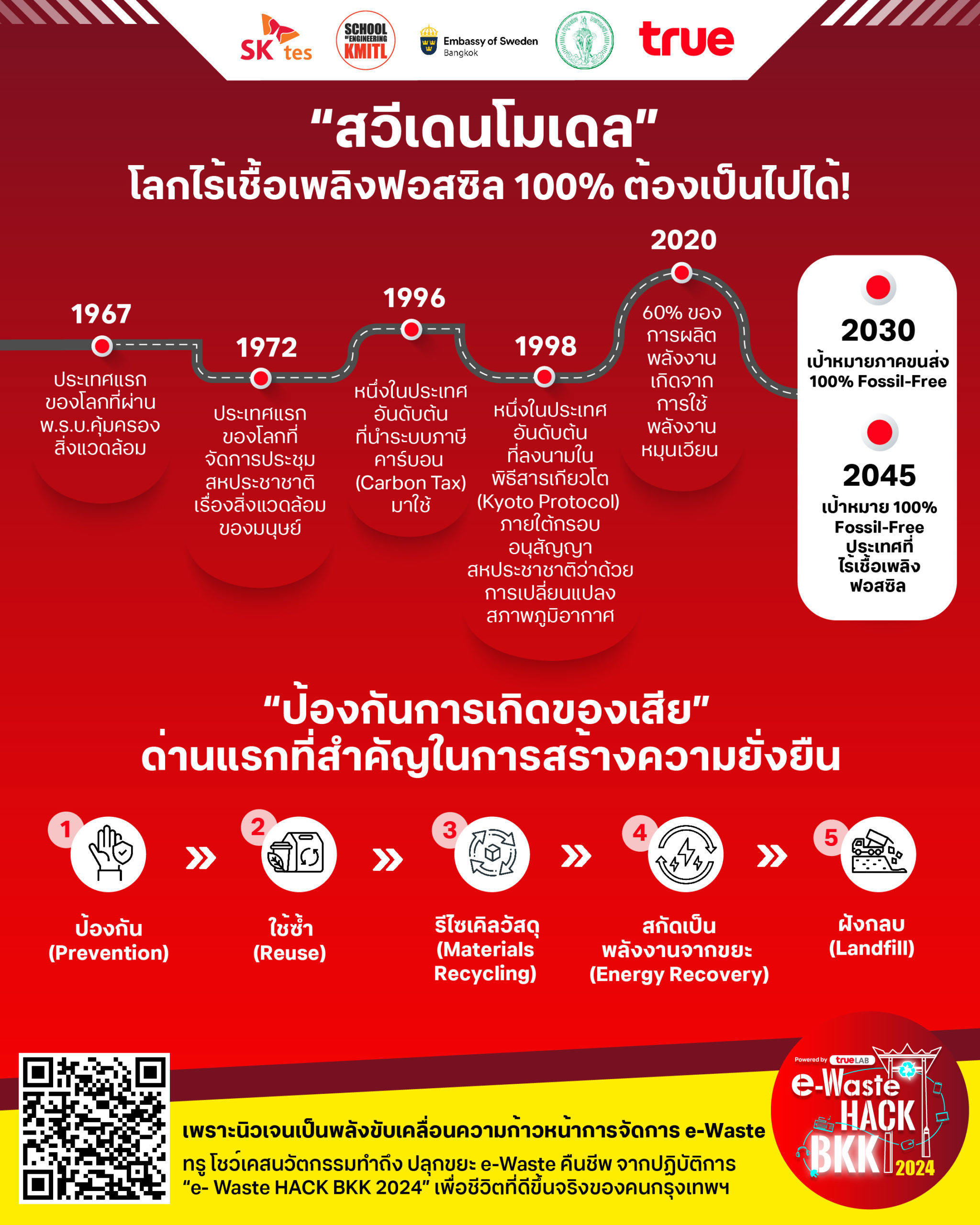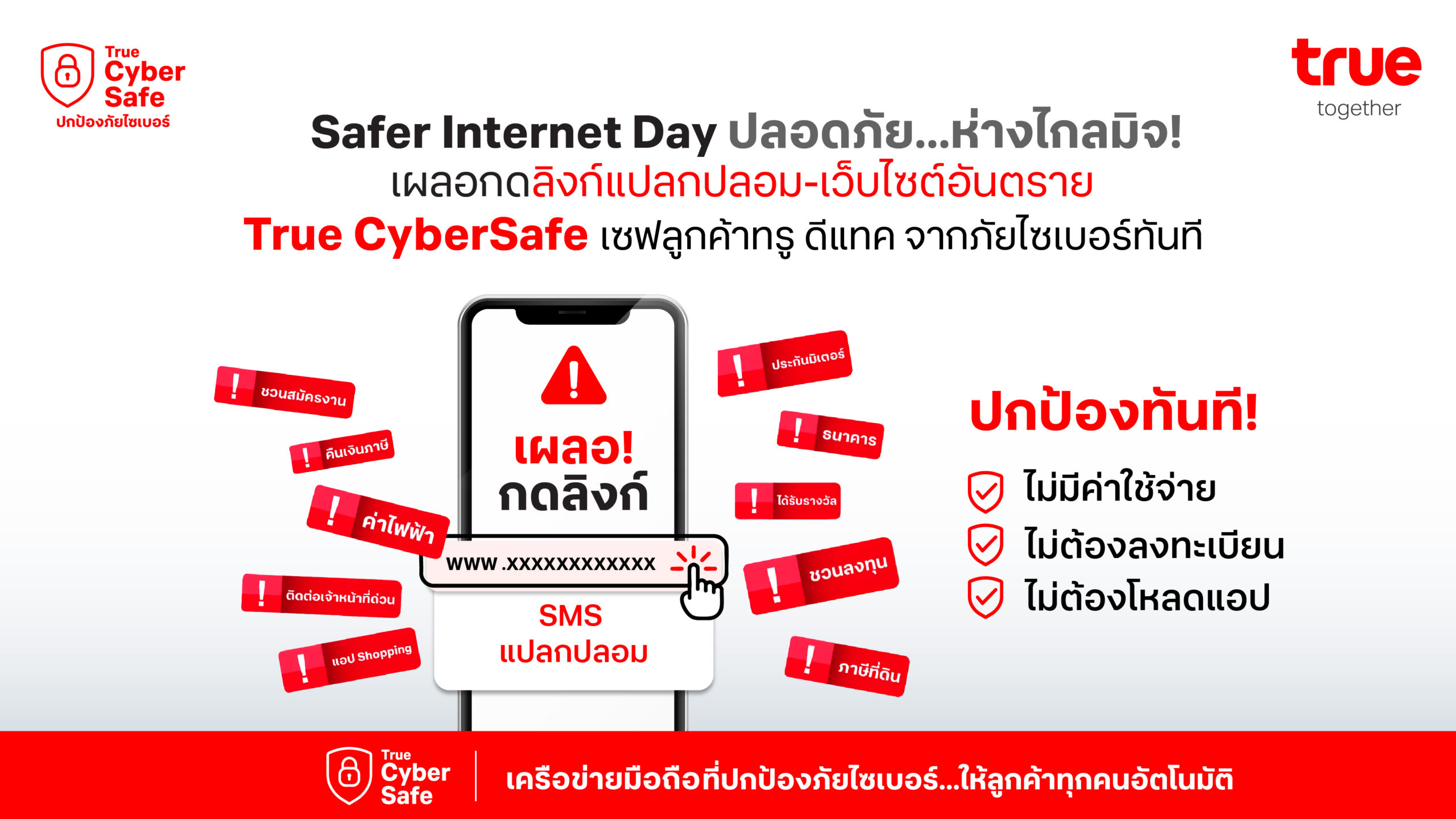Sweden stands as one of the world’s most efficient nations in waste management, driven by the principle that “there is no such thing as waste, only resources out of place.” Sweden has fully embraced this philosophy through comprehensive policies, legislation, and collaboration across all sectors of society. This has transformed Sweden into a nation that is nearly free of waste.
In 1967, Sweden was the first country to pass an Environmental Protection Act. Today, over 60% of the electricity consumed in Sweden is generated from renewable energy sources. The nation has set a bold goal to become completely fossil fuel-free by 2045. To achieve this, Sweden has implemented stringent and multi-faceted policies, including the sustainable development frameworks, Extended Producer Responsibility (EPR), under this legislation, manufacturers, importers, and distributors are held responsible for the full lifecycle of their products, landfill taxes as well as the circular economy strategies. These measures enable Sweden to maintain its high standards in waste management and environmental protection.
“Manufacturers – Importers – Distributors” Embracing Responsibility under the Circular Economy Framework
One of Sweden’s key strategies for managing electronic waste, implemented for over 20 years, is the Extended Producer Responsibility (EPR). Mrs. Anna Hammargren, the Ambassador of Sweden to Thailand, emphasized that manufacturers, importers, and distributors are held responsible for the full lifecycle of their products, including collection, recycling, and disposal. This system not only reduces waste but also encourages companies to design products with recycling and sustainability in mind, promoting a circular economy.

“Prevention” as the Top Priority for Engaging with Sustainability
Sweden’s waste hierarchy emphasizes reducing waste generation and maximizing the reuse and recycling of materials. The top priority in the waste hierarchy is “Prevention”, focusing on reducing the amount of generated waste by promoting the design of products that use fewer resources and have along lifespan. The second priority is “Reuse”, encouraging repair and refurbishment of products to extend their life. The third priority is “Material Recycling”, involving processing waste materials into new products. The fourth priority is “Energy Recovery”, involving recovering energy from waste that cannot be recycled. This helps to reduce the volume of waste sent to landfills and provide a renewable energy source. The last resort in the waste hierarchy is “Landfill” which is considered the least favorable option due to its environmental impact.
In 2023, 1.6 million tonnes of bulky waste were collected. Yet, through its stringent and efficient waste management practices, 40 percent of the collected waste went to material recycling, 56 percent to energy recovery, and only 4 percent to landfill.
“Collaboration – Regulation: Key Drivers of Success in e-Waste Management”
Mrs. Anna Hammargren, the Ambassador of Sweden to Thailand, shares her insights on how Thailand can enhance its e-waste recycling processes that “Adopting similar policies like EPR (Extended Producer Responsibility) would be highly beneficial. By implementing regulations that hold producers accountable for the end-of-life treatment of electronics, Thailand could develop a more structured and efficient system for managing e-waste. Establishing better collection systems and recycling infrastructure would ensure that valuable materials are recovered, and harmful substances are safely disposed of.”
Educating the public about the importance of proper e-waste management can significantly increase understanding of the dangers posed by improper disposal of e-waste and the value of recycling. This, in turn, can foster a culture of sustainability.
“It is important to note that one key factor in making Sweden a global leader in sustainable waste practices is Swedish households’ dedication in actively separating waste into categories like food waste, packaging, electronics, and batteries. Drawing inspiration from Sweden, Thailand has a valuable opportunity to strengthen its e-waste management practices, contributing to a healthier environment and a more sustainable future for all.”

The New Generation as the Driving Force of e-Waste Management
In the point of view of the Ambassador of Sweden to Thailand, the new generation has a significant role to play in advancing waste management practices, including for e-waste. In Sweden, for instance, people are proactive in separating and recycling materials like plastics, metals, and electronics, understanding that these actions benefit both the environment and public health. This same mindset can be cultivated among Thailand’s youth. Ultimately, it is not only about producers’ responsibility, but also about a behavioral change.
In addition, students and young professionals in Thailand can organize e-waste collection drives, promote responsible consumption, and champion waste management technologies. By partnering with local businesses and tech startups, they can develop innovative solutions for handling e-waste sustainably.

“True Corporation”, Thai Tech Company Committed to e-Waste Management”
True Corporation recognizes its responsibility to ensure proper and end-to-end e-waste management that adheres to international standards. With a commitment to minimizing environmental impact, both True and dtac, as key distributors of mobile phones and devices, have spearheaded the ongoing “e-Waste TinkTookTee DTorJai” initiative. This project aims to reduce landfill waste to zero by providing a secure and efficient system for collecting, transporting, and recycling e-waste properly. Beyond offering disposal and recycling services, True is also inspiring the next generation to innovate and take action through the “e-Waste HACK BKK 2024” initiative. In collaboration with the Embassy of Sweden in Thailand and various partner organizations, this program seeks to engage young innovators in finding creative solutions to give new life to discarded electronics. By fostering environmental awareness and unleashing the potentials of innovators, True Corporation is driving meaningful change, turning e-waste challenges into opportunities to create sustainable value for the society.

“Events like the e-Waste HACK BKK provide an excellent platform for young people to apply their creativity and technical skills in developing actionable solutions to address Bangkok’s e-waste challenges. By fostering education, collaboration, and innovation, we can partner with Thailand toward a more sustainable future, Mrs. Anna Hammargren, the Ambassador of Sweden to Thailand, concluded.




